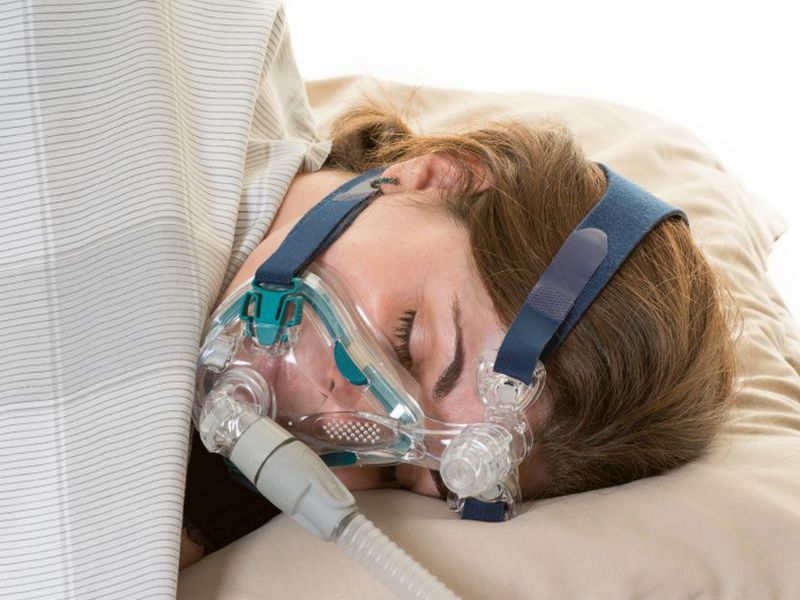
It’s not yet clear if there’s any benefit to screening adults for sleep apnea when they don’t have signs or symptoms of the condition, according to a U.S. government advisory panel of health experts.
This is the first time that the panel, known as the U.S. Preventive Services Task Force (USPSTF), “has reviewed the evidence on screening for obstructive sleep apnea,” panelist Dr. Alex Krist said in a news release from the group.
Obstructive sleep apnea occurs when a person stops breathing many times during sleep due to temporary collapses of the airway, resulting in reduced airflow.
“Obstructive sleep apnea represents a major health concern; it affects 10 to 15 percent of the U.S. population and is associated with heart disease, diabetes, reduced quality of life and increased risk of death,” Krist said.
“Primary care doctors want to know if screening is beneficial for patients. Unfortunately, right now, there is not enough evidence to know,” he added.
Symptoms of the sleep disorder include excessive daytime sleepiness, snoring, fatigue, insomnia and fatigue-related issues, such as memory and concentration problems, and mood changes.
People with an increased risk include men and postmenopausal women, as well as anyone who is overweight or obese, the panel noted.
At the present time, doctors should use their judgment in determining whether screening is appropriate for a patient, the USPSTF said in its recommendation.
The task force also called for more research into the benefits and risks of screening.
The recommendation doesn’t apply to adults who do have symptoms or concerns about obstructive sleep apnea, the task force stressed. It also isn’t for people who have a medical condition, such as stroke, that could trigger the onset of sleep apnea. Nor does it apply to children, teens or pregnant women.
The American Academy of Sleep Medicine (AASM), which represents sleep physicians, took issue with the USPSTF stance.
Despite the panel’s neutral position on screening for people without symptoms, the AASM said it “recommends screening patients who have a high risk for obstructive sleep apnea, even if they don’t have any sleep-related symptoms.”
People at high risk for sleep apnea include those with “obesity, heart problems such as congestive heart failure and atrial fibrillation [a form of irregular heartbeat], treatment-resistant hypertension [high blood pressure], type 2 diabetes and stroke,” the AASM said in a statement.
“Identification by primary care providers of patients who have a high risk for obstructive sleep apnea, followed by appropriate referral to a board-certified sleep medicine physician for a comprehensive sleep history and evaluation, could significantly reduce the frequency of undiagnosed obstructive sleep apnea,” the academy said.
The USPSTF recommendation was published online Jan. 24 in the Journal of the American Medical Association. It can also be found on the USPSTF website. The task force is an independent, volunteer panel of national experts that makes recommendations about preventive health services.
More information
The U.S. National Heart, Lung, and Blood Institute has more on sleep apnea.
Source: HealthDay

Leave a Reply